Almost eight million people die prematurely from diseases triggered by air pollution. In Europe, the quality of the air exactly under the magnifying glass, it lacks in Africa, with specific data.
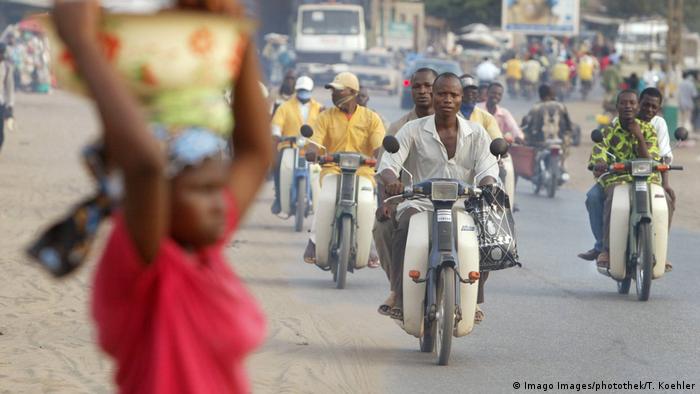
“In the case of these gases, you have the feeling to inhale drugs”, says John. He is a Journalist in Cotonou, capital of Benin. John suffers from Asthma: “It is not enough that I stand for five minutes at a traffic light and a bit of exhaust fumes breathe, and I get an asthma attack,” he says. It was difficult to live in Cotonou, especially for people who suffer from respiratory or chronic diseases.
This can confirm that Professor Peter Knippertz from the Karlsruhe Institute for meteorology and climate research. Together with scientists from 16 institutions in Africa and Europe, he is pursued by the question: “How bad is the air in fact over the southern West Africa – and why is that?” The concentration of dirt particles lying on each case are above the guideline values of the world health organization says Knippertz. For the study, the Team has built, among other things, metering stations in Cotonou and Abidjan, the capital of the ivory coast. Even there, the population suffers from the poor quality of the air. Ruth Estelle is studying human resources and communications in the city of Abidjan. The 21-Year-old believes that the pollution has different causes: “Because of the Taxis, the traffic first of all but also the trash that is everywhere thrown, contributes to air pollution.”
Also read: Africa without plastic waste: Fantastically beautiful, but still far away
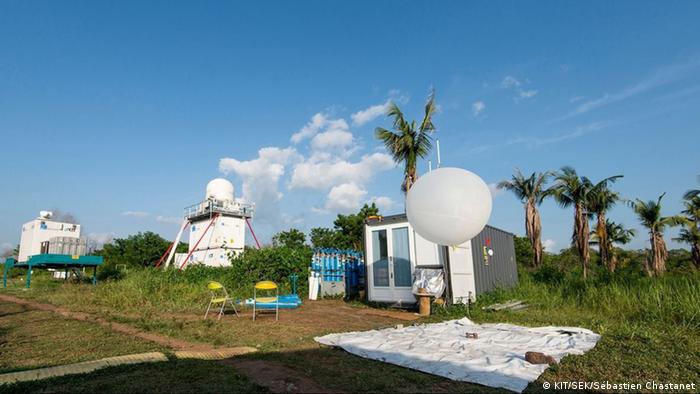
Over five years of measurements collected
“Even the smallest children are exposed to significant pollutant loads”
Another source that is rarely considered, are the fire, on which it is cooked. These are particularly dangerous, says Peter Knippertz in an interview with DW. The study had shown that the pollution by dirt particles in the air in the house set the fire of expectation was particularly high. The extent of the strain came as a surprise to the meteorologists, however. Of concern, this is because cooking is a daily act. In addition, the children played often in the vicinity of the fire, says Knippertz: “It is frightening to see that even the smallest children are exposed to from their first days to substantial pollutant loads.” Particularly serious is the is because of a damp climate on the coast. If fuels are not properly dry, it creates a higher exposure to Smoke.
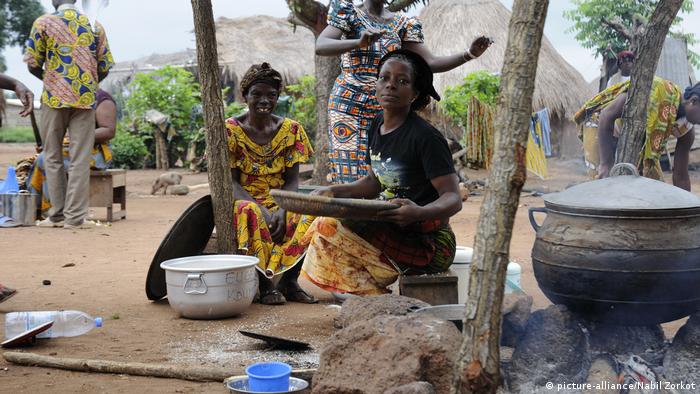
Everyday scene that has it all: The health consequences are due to open fire enormously
According to the world health organization (WHO), cooking and heating, about three billion people worldwide using open fires and simple Stoves burning wood, animal dung, crop waste or coal. 7.8 million people would die prematurely from diseases that are directly or indirectly attributable to the air pollution caused by cooking with these fuels. In children, the risk was the greatest: “More than 50 percent of the premature deaths due to pneumonia in children under five years are caused by the particles that you inhale through the air pollution in the households”, writes the WHO in its latest report on air pollution in Africa.
More pollution, less rain
In spite of the WHO data and its own research, which ran for five years, finds Peter Knippertz, the data situation is still too thin. The interdisciplinary study was the first of this type. Not only is the direct contact between the human and the pollutant was investigated. It is also the interactions between air pollution and weather have been demonstrated. Because the particles in the atmosphere, the texture of the clouds change – what is radiation and, consequently, affects the sunlight on the temperature. A trend analysis will show the first signs of the fact that a high concentration of dirt particles could be reduced in the air and rainfall. “That would be for the people is an extremely poor message to would be that the health-related charges, which bring the pollutants, a reduction of the precipitation”, says the meteorologist. Here, further research is urgently needed.
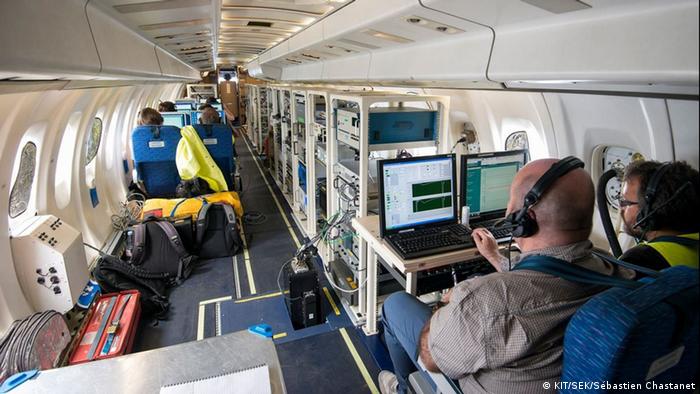
The researchers were able to determine layers of air changes in larger height
Not only local factors that can pollute the air on the South coast of West Africa. By using aircraft were able to measure the scientists Knippertz the so-called background contamination of the Region: “We have found that the strong monsoon wind that blows from the South over the tropical Atlantic in the direction of West Africa, Fire, significant soot particles out of the in Central Africa brings.” These soot particles caused by fire during land clearing. After all, the air pollution is caused by gases in the southern part of West Africa is still lower than in Europe, so Knippertz. This is due, according to his investigations mainly to the fact that there are proportionally fewer people own a car.
Also read: oasis of Green In South Africa meets water sports on the protection of the environment
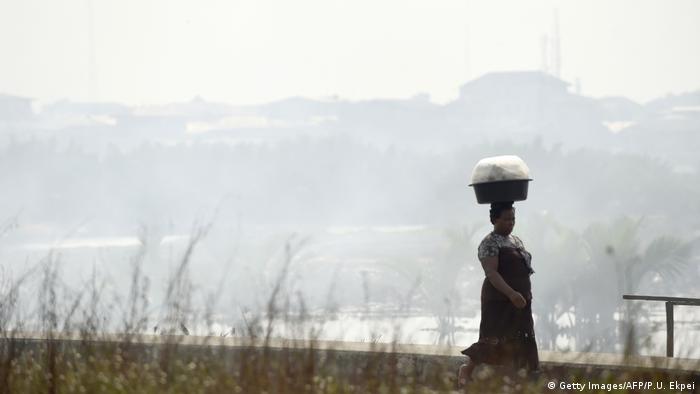
Soot particles – here in Port Harcourt, Nigeria – even from Central Africa on the Gulf of Guinea
Improvements are possible
Nevertheless, not least with the car exhaust, the people in West Africa. Even Cynthia, who works in Cotonou, as the Secretary says: “All this makes us sick. It leads to cold, cough or difficulty in breathing.” Cynthia grayed out before the end of the summer break. “Then there will be even more motorcycles, more cars on the roads. Our children are exposed to – this is a health risk.” Even if the gas concentration in the air in West Africa is below the limit, the traffic fumes a problem. Because the fuels are worse filtered than in Europe, and contain more sulfur, which is a health hazard. The fix basically by filtering, but easily to says Knippertz. In order to improve the Situation further, he proposes also to switch fuels in the kitchens. You should urgently start to cook with Gas or electric. These were improvements that could be implemented at the local level relatively quickly. Is important but also the land clearing by fire in Central Africa to abandon.
Staff: Claire Stéphane Sacramento and Julien Adayé